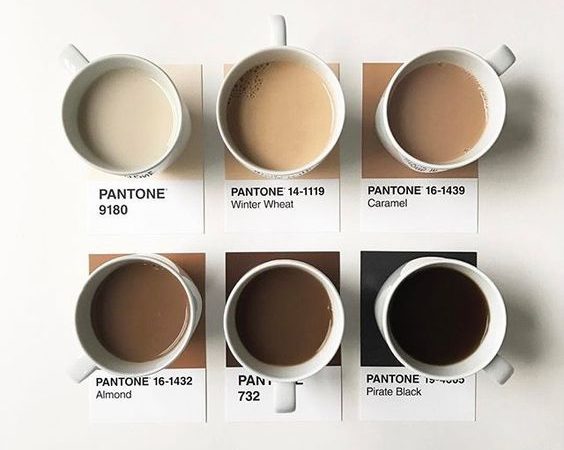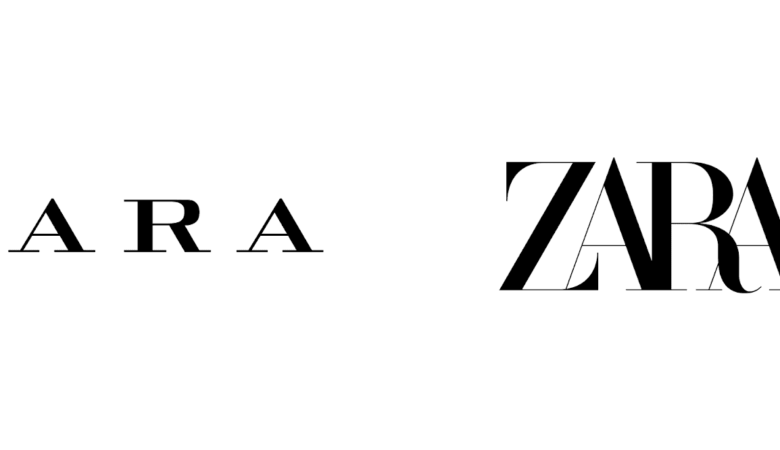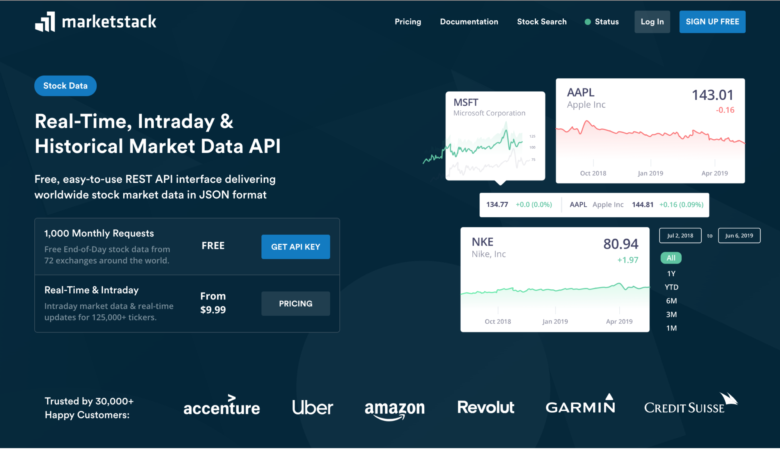The bottom line. Something you use a majority of your resources and strategy to maintain. You make sure your costs are under control, you manage your supply chain effectively, your financial side is running like a well oiled machine. So what else can you do to make your business more successful?
For one, you could take a second look at that goofy-looking lumberjack/tentacle creature you’re calling your company logo.
Oftentimes a company’s visual corporate identity is neglected, leading to lots of lost customers and consequently, lost revenue. One of the initial forces of human thinking and decision-making involves sight. This visual stimuli sets up the following cognitive precesses, and acts as a sort of mental first impression. This is obviously important to a business trying to persuade a customer to buy their product, and the cliche that “sex sells” is true. Put bluntly: If your company doesn’t look good, people won’t be as open to doing business with you.
Branding and consumer brand recognition are vital to the success of any business. When consumers think of a product service or need, ideally you’d like them to associate your business with that need. Sometimes the association is quite literal:
“Could you maybe Xerox me some copies of that report?”
“OUCH! That dude just punched me in the face! What? my nose is bleeding? Could ya hand me a Kleenex, bro?”
Boom. Brand Equity.
These associations are strongly influenced, again, by visual stimuli. Therefore a strong logo, and strong visual corporate identity are essential to building your brand and ensuring your company’s success.
There is also the element of relevance and taste when considering your company’s image. Obviously, you’d want your logo to reflect your company’s mission and values clearly and effectively. Therefore your design elements should be purposeful and relevant to the context of your company, sans clutter and unnecessary elements. Take Procter & Gamble’s logo evolution for example.
The original P&G logo which came into being in 1851, consisted of a man in the moon overlooking a field of 13 stars, meant to represent the original 13 colonies.
This logo was P&G’s image until the 1980’s when apparently Satan himself took over the company…
The public began to start a mild controversy over the logo claiming that the man and field of stars (as well as the hidden 666) was a mockery of a Bible passage, and therefore satanic in nature. Although this accusation was completely unfounded, the company, after a few lawsuits, decided to go with a new, less esoteric logo:
Now this is not to demonstrate that companies should immediately destroy all of their non-text based logos, but the point is clear: make sure your logo and visual identity is saying what you want it to say about your company and its values.
Lastly, not only is it important to have an attractive and clear design, but also to have your company’s identity be cohesive. Design wise, every outward facing portion of your company should look consistent, whether it be in web design or your company’s marketing collateral. This conveys a professional demeanor in addition to furthering the idea of your company’s brand.
Your company’s identity doesn’t stop at a logo. Your marketing collateral must be consistent as well.
So although you may spend most of your time rifling through cash flow statements and balance sheets, it is also worth taking a look at your company’s aesthetic qualities as well. Remember, so-called “goodwill” is an asset that has a dollar value, and your company’s brand equity and presence influences that. So make sure you take the time to build a face for your company, otherwise someone else may do it for you…
Start Building Your Company’s image today with Inkd!
 Inkd is the world’s first online marketplace for original print design. It is your best resource for custom logo design, business cards, stationary, and other marketing collateral. When Inkd started, there was a large amount of poor design out there for small businesses. This was due in part to business owners thinking good quality design was unattainable due to the costs of hiring a design firm, etc. Inkd’s designs come from the best designers and are screened by an in-house design team before being available for download or printing. So you are sure to only receive the best quality business collateral at an affordable price. Don’t gamble on your company’s image. Check out Inkd today!
Inkd is the world’s first online marketplace for original print design. It is your best resource for custom logo design, business cards, stationary, and other marketing collateral. When Inkd started, there was a large amount of poor design out there for small businesses. This was due in part to business owners thinking good quality design was unattainable due to the costs of hiring a design firm, etc. Inkd’s designs come from the best designers and are screened by an in-house design team before being available for download or printing. So you are sure to only receive the best quality business collateral at an affordable price. Don’t gamble on your company’s image. Check out Inkd today!










I got one for for you – DubLi!
Enjoyed your article.
Many also look at brand equity as what characteristic the brand “owns”–for example:
Mac’s brand equity is hip computing crowd, Subaru’s brand equity is the AWD tough car market, Old Spice’s brand equity is manliness, etcetc.
ps/offtopic: love the inkd logo!
Really enjoy this Business logo design posting. Informative and thanks for inkd reference also
I could not agree with you more.
Cheers.
This is visual communication 101. Make sure your logo doesn’t look like Satan and have a cohesive aesthetic to your marketing collateral?! Duh.
This article has nothing enlightening to an experienced designer. Just a cheap place to plug an ad for the author’s template-based logo factory. Inkd is crap. It puts people like me out of a job to bland template logos that have nothing to do with the business’s strategy.
Being a design agency I feel our brand is scrutinized! fair enough! Does anyone have any tips for brand analysis? Thanks, R